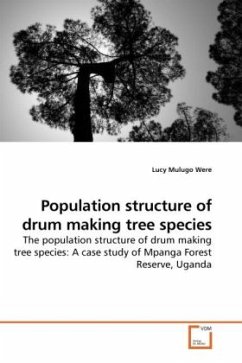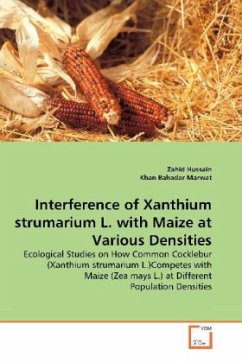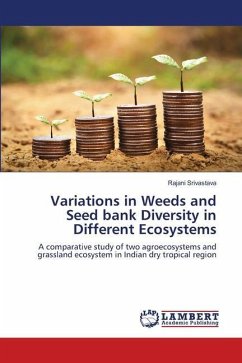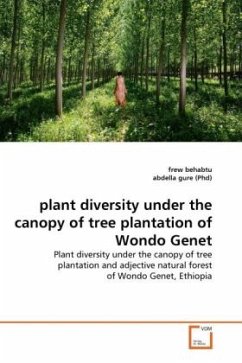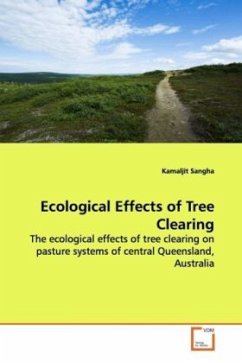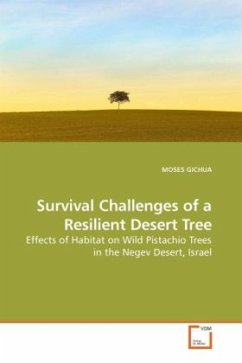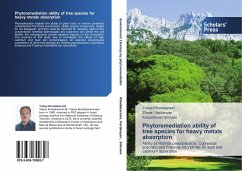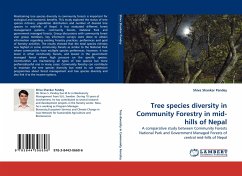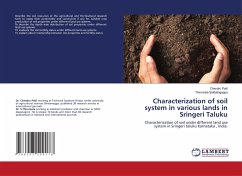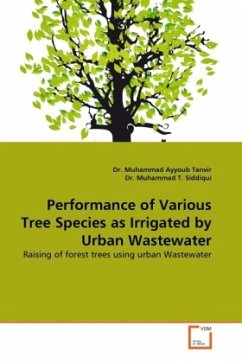
Performance of Various Tree Species as Irrigated by Urban Wastewater
Raising of forest trees using urban Wastewater
Versandkostenfrei!
Versandfertig in 6-10 Tagen
39,99 €
inkl. MwSt.

PAYBACK Punkte
20 °P sammeln!
Edible crops especially the vegetables grown on contaminated water get loaded with different heavy metals such as Ni, Cd, Cr, Cu and/or Zn from city effluents. These pollutants are serious threat to human health. Present study was designed to know the growth behaviour and to assess the potential of various tree species for uptake of heavy metals under different irrigation regimes. Irrigation (treatment) of municipal wastewater (MW), domestic wastewater (DW) and canal water (CW) was applied on tree species namely Albizzia procera (Rox.), Dalbergia sissoo Roxb., Eucalyptus camaldulensis Dehn., L...
Edible crops especially the vegetables grown on contaminated water get loaded with different heavy metals such as Ni, Cd, Cr, Cu and/or Zn from city effluents. These pollutants are serious threat to human health. Present study was designed to know the growth behaviour and to assess the potential of various tree species for uptake of heavy metals under different irrigation regimes. Irrigation (treatment) of municipal wastewater (MW), domestic wastewater (DW) and canal water (CW) was applied on tree species namely Albizzia procera (Rox.), Dalbergia sissoo Roxb., Eucalyptus camaldulensis Dehn., Leucaena leucocephala (Lam.), Melia azedarach Linn. and Populus deltoides Brtr. The present study was undertaken to observe the effects of domestic as well as municipal effluent on the growth and production of various tree species in context of their response to various heavy metals and to assess the ability of the selected tree species to absorb heavy metals from the effluent water.



